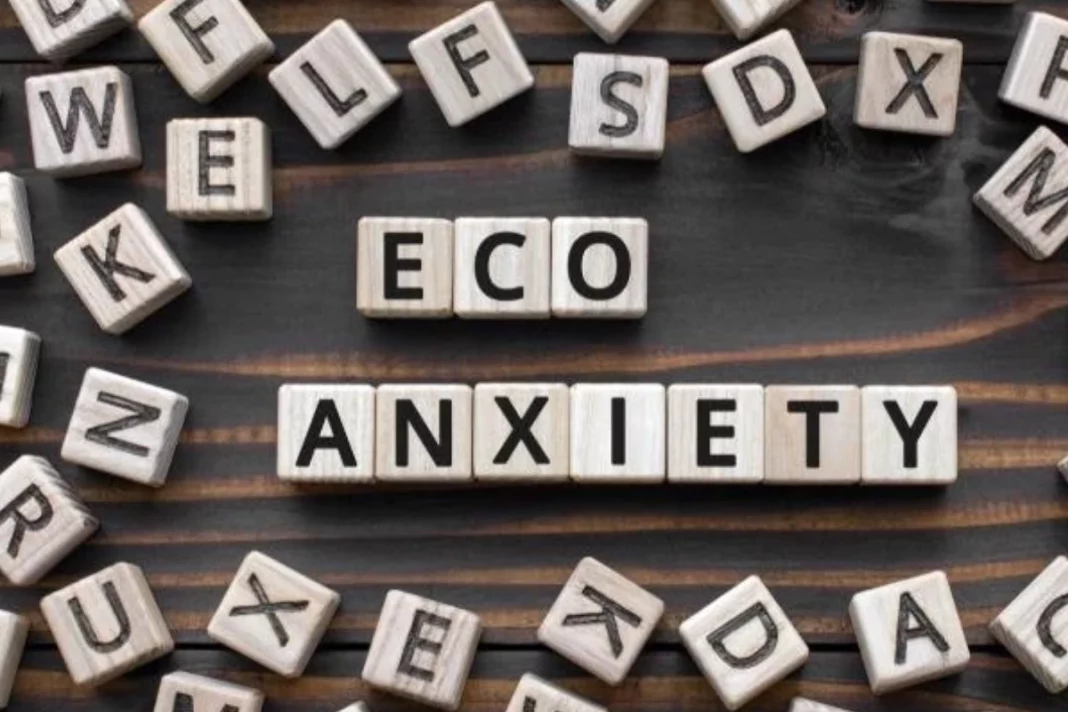Eco-anxiety: Since many years ago, climate change has been a significant source of worry. In addition to having an adverse effect on the environment and endangering human wellbeing, it has psychological effects.
The undeniable relationship between climate change and human emotions has emerged at a time when activists are pushing for powerful initiatives to be adopted by global leaders. Eco-anxiety is the term used to describe the concept of fearing environmental harm or an ecological catastrophe.
Know about Eco-anxiety
Eco-anxiety, often known as climate anxiety, is the psychological effect of climate change on some people. Even though psychological problems are not considered diseases, there is increased concern for those who are suffering from them.
The chronic fear of environmental catastrophe brought on by watching the seemingly irreversible effects of climate change, along with the corresponding worry for one’s future and that of future generations, is referred to as eco-anxiety, according to the American Psychology Association (APA).
According to sources, anxiety about environmental issues can occasionally result from knowledge of a rising danger of extreme weather occurrences, loss of employment or housing, worries for future generations, and feelings of helplessness.
Also Read: Jerusalem: Over 15 injured as twin bombs jolt city’s bus terminals
Is eco-anxiety a mental disorder?
The Diagnostic and Statistical Manual of Mental Disorders (DSM-5) does not presently include eco-anxiety as a mental disorder. This indicates that it is not an illness that can be diagnosed by medical professionals.
Experts in the field of ecopsychology, which examines how a person’s psychological ties with the rest of nature affect their identity, well-being, and health, however, believe it to be sensible and use this phrase in that context.
People from nations more directly and immediately impacted by climate change tend to be more concerned about the future, according to a study published in Lancet Planetary Health and conducted by academics and professionals at the University of Bath, Stanford Medicine Centre for Innovation in Global Health, Oxford Health NHS Foundation Trust, and other institutions. 10,000 young people, between the ages of 16 and 25, were studied in ten different nations.
92 percent of young people in the Philippines and 75 percent in Finland said they thought the future was frightening, respectively. In Finland, just 56 percent of young people said they felt the future was frightening.
Also Read: Canadian lawmakers demand direct flights to Amritsar
How to control eco-anxiety?
Going on walks in nature (without technology) may be helpful for people who suffer from eco- or climate anxiety, according to some research. Hobbies like gardening, planting trees, and other related hobbies may help people feel more connected to nature. Going outside to meditate could be beneficial.
According to Sacha Wright, the research and curriculum coordinator at Force of Nature, one should constantly express their anxieties rather than bottle up their anxiety.
She said, “I often worry that if I bring up my eco-anxiety around my peers, I will be the ‘downer’ but sharing your fears, concerns and hopes is a powerful way to break down the shame and stigma around engagement in environmentalism.”
Keep watching our YouTube Channel ‘DNP INDIA’. Also, please subscribe and follow us on FACEBOOK, INSTAGRAM, and TWITTER


